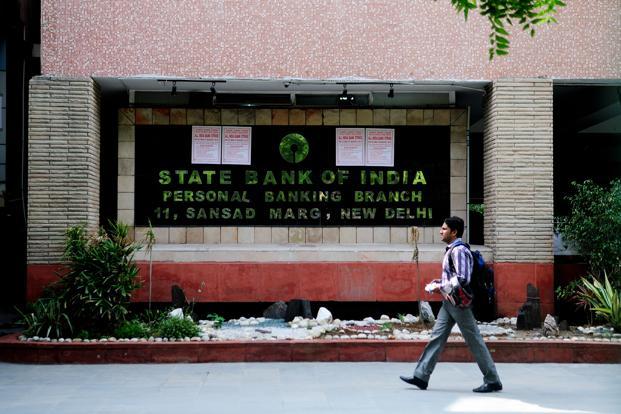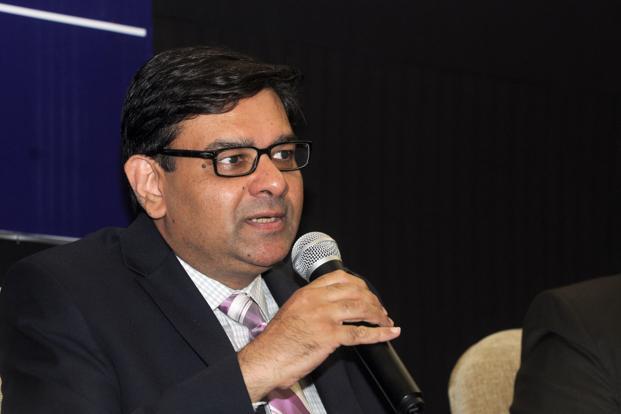India’s 75-year-old central bank runs the risk of losing its autonomy. The bank, which many believe did a splendid job ring-fencing the Indian financial system from the global financial meltdown, will lose its teeth following the 18 June ordinance that has empowered the finance ministry to resolve all disputes between regulators.
The original idea behind promulgation of the ordinance was to end the turf war between the Securities and Exchange Board of India (Sebi) and the Insurance Regulatory and Development Authority (Irda) on unit-linked insurance plans (Ulips), but it speaks of a statutory joint committee, headed by Union finance minister, being set up to resolve any such disputes among any of the financial sector regulators in future. This is the first ordinance in independent India to quash a regulator’s directive to market players (Sebi had asked insurance firms to seek its approval before launching fresh Ulips as these plans have substantial investments in equities which is the capital market regulator’s domain) and, neither Sebi nor RBI, was consulted before the ordinance was promulgated.
Now RBI wants the government to take a relook at the proposal of setting up the panel—the joint committee which is statutory in nature. Unlike the existing high-level coordination committee on financial markets (HLCCFM) which is an informal forum, the decisions of a statutory panel are binding. To that extent, the finance ministry becomes the super regulator—which neither the HLCCFM nor the proposed Financial Stability and Development Council (FSDC) is—and erodes RBI’s autonomy.
To be sure, RBI is not an autonomous institution. It is answerable to Parliament and each of its policy decisions on interest rates needs to be ratified by the government (no one will officially admit this, though). But as RBI governor D. Subbarao’s recent letter to finance minister Pranab Mukherjee points out, “the appearance of autonomy is as important as the actual autonomy itself” and “the very existence of a joint committee will sow seeds of doubt in public mind about the independence of regulators.”
Apart from setting up the joint committee, the ordinance also amends a chapter in the RBI Act by proposing a mechanism to resolve differences of opinion on the regulatory jurisdiction of certain financial instruments that are currently regulated by RBI. These instruments are interest rate futures, credit default swaps, and currency futures. They are exchange-traded and a 2006 amendment to the RBI Act has “clearly demarcated the responsibilities of RBI and Sebi on exchange traded products.”
“Experience shows that this system has been working well without any ambiguities, doubts or disputes. In such a situation, the need for the amendment to the RBI Act contained in the ordinance becomes questionable,” Subbarao’s letter said.
The Business Standard wrote last week that the Indian central bank has urged the finance minister to allow the ordinance to lapse. If the government does not bring a Bill to this effect within three months, it will lapse automatically.
Let me extensively quote from the letter to understand RBI’s point of view: “It is possible to argue that a mere enabling provision for resolution of disputes as contemplated in the ordinance should not, by itself, be a matter of concern. However, an ordinance makes what is now a clearly demarcated regulatory jurisdiction… It will sow the seeds of ambiguity where none now exists, impact the credibility of regulatory actions and constrain the effectiveness of prudential framework…
“The establishment of a statutory joint committee is itself problematic and raises issues about its potential misuse in ways that impair the autonomy of the regulators. We are all aware that both the Prime Minister and you have strong and impeccable commitment to regulatory autonomy. But we must evaluate the arrangement…in a long-term perspective when personalities change; the misuse of the ordinance is not beyond the realm of possibility for several reasons.
“First, the jurisdiction of the joint committee could ‘spillover’ to issues strictly beyond issues of difference of opinion on specific products to issues of policy.
“Second, the joint committee mechanism could be invoked to decide on issues involving mere differences in judgement that jurisdiction.
“Third, it could provide a perverse incentive for regulatory arbitrage if the market has issues with the existing regulatory framework…
“Is the joint committee mechanism the optimal way out (to settle jurisdictional disputes over regulation)?… The government can act through its nominees on the boards of the regulatory agencies. The specific Acts relating to the various financial sector regulators vest the government with powers to issue directions on policy issues, and these powers can be effectively used….
“Finally, there already exists a high-level coordination committee on financial markets (HLCCFM), which is the nodal forum to discuss regulatory coordination issues. Though the HLCCFM is constrained by its non-statutory nature, the government can very well direct the HLCCFM to make a specific recommendation on any issue having inter-regulatory implications.
“… The ordinance has seeming implications for regulatory autonomy and sows seeds of doubt where none exist. My earnest request to you is to allow the ordinance to lapse. If that option is not acceptable, the portion of the ordinance relating to the RBI Act may be deleted…”
Irrespective of how this plays out, it’s time RBI too took a close look at itself at a time when global financial sector regulators are redefining their roles. For instance, financial inclusion, financial literacy and consumer protection functions of RBI can be handled by FSDC; and the micro regulations part of the central bank’s job can be taken away. RBI can concentrate on monetary policy, exchange rate management, payments and settlements and the macro regulations for the financial system as a whole. It should also get out of its role as the government’s debt manager when India’s fiscal deficit comes down and the banks won’t need to buy the government bonds heavily to see through the annual borrowing programme. It also needs to disclose more in its balance sheet. Overall, the regulator needs to reinvent itself. This could happen sooner than expected.


